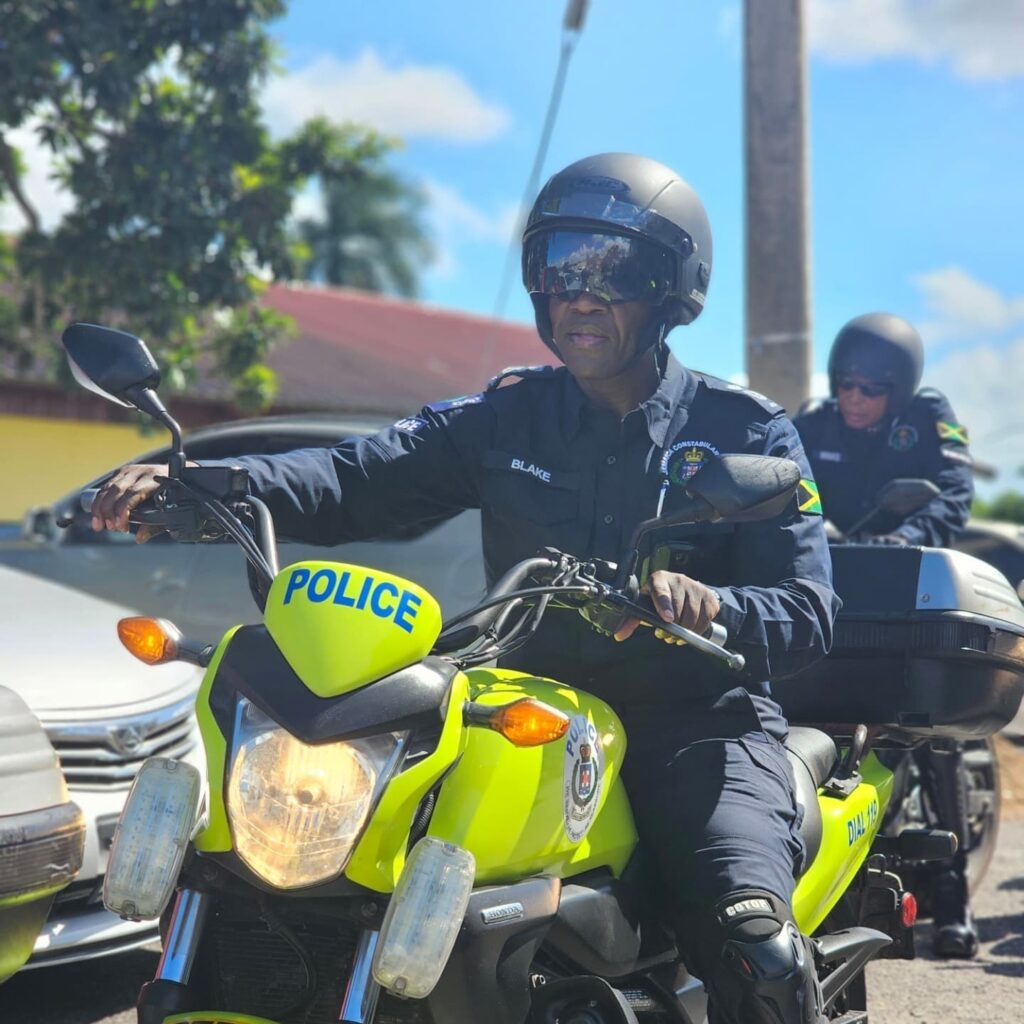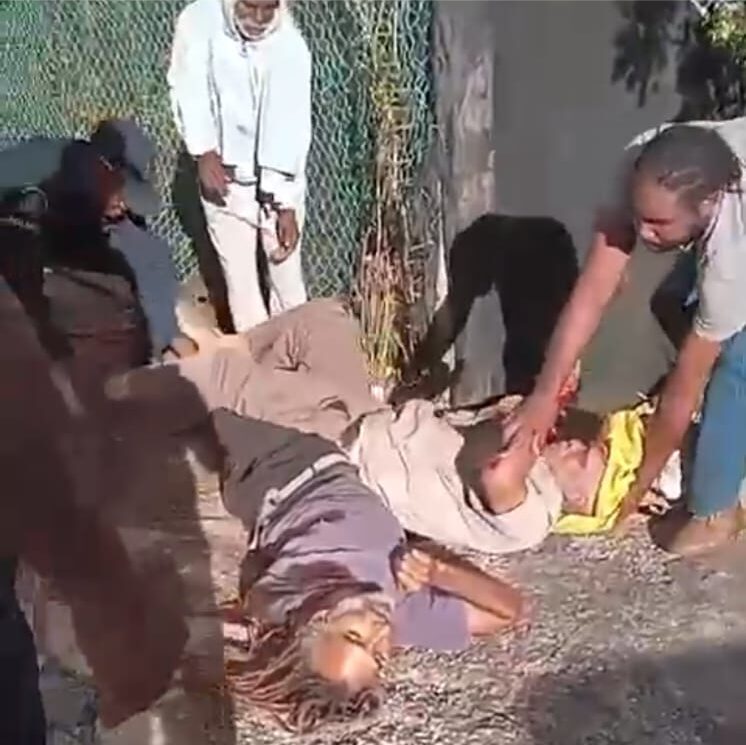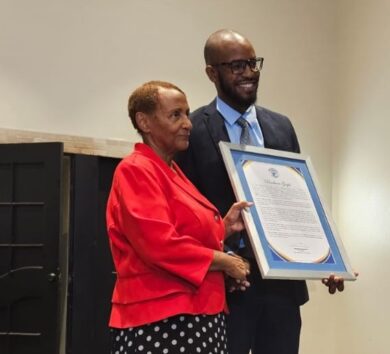

A fatal police shooting in Mandeville has raised concerns about the Jamaican police’s ability to handle situations involving mentally ill individuals.
On Monday, 50-year-old Okarie Gayle, reportedly mentally ill, allegedly attacked his father, 77-year-old, George Gayle, with a machete. Police responded to find George injured and Okarie refusing to drop his weapon. Officers fatally shot him. George remains in stable condition.
This tragedy highlights the need for better police training to de-escalate mental health crises without lethal force. International programs using Crisis Intervention Techniques (CIT) have effectively reduced such incidents.
The St Catherine South Police Division initiated a mental health training programme in 2024 to improve officers’ ability to respond effectively to psychological challenges encountered in the field. However, this training was limited to 20 police officers and other first responders.

Detective Inspector Pilmar Powell, the course coordinator and programme director at the time, noted the training would help reshape attitudes and encourage officers to be more empathetic in their approach.
“This training is imperative due to the escalating incidents and the heightened public concerns surrounding interactions between law enforcement and individuals with mental health issues. These encounters have frequently resulted in tragic outcomes such as injuries to even fatalities,” Powell said then.
She said this caused a wave of public demand for a “deeper understanding of these interactions and the need for improvement.”
Given that encounters between police and mentally ill individuals often result in serious injury or death, systemic reform requires governmental support, including specialised crisis response teams and comprehensive officer training.
Advocacy groups must continue urging police leadership to adopt compassionate crisis management strategies.







Comments